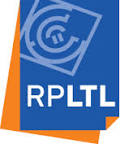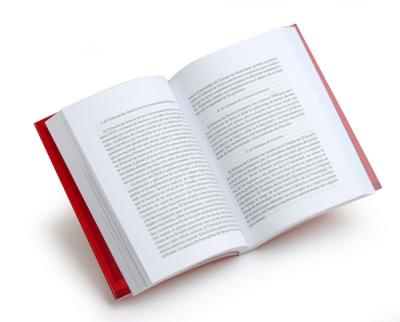Discussions so far and analysis of topics posted by forum members, have highlighted two central areas that teachers seem to be in need of training. Most School Advisors have stressed the need for teachers to become acquainted with the defining characteristics of this age group (7-8 year olds), their preferred modes of learning, ways of boosting and maintaining motivation and managing the young learner class. The other focus area for training seems to be the implementation of differentiated instruction through the use of stories with the integration of ICT.
Below we suggest a scenario for the development of a CoP focusing on young learner characteristics and the management of the young learner classroom which you may find useful. The work proposed could easily take up the whole school year, if well orchestrated and implemented.
A) Teaching Young Learners CoP teacher training scenario
1. Prepare a mini “guide” for taking part in CoP. Explain what a CoP is, what the benefits are, what teachers can do in a CoP and how the 2gather Cop works.
2. Ask teachers to sign in to the CoP platform and explore its main features.
3. Explore the area which you will focus your training work for the following year.
4. Ask Teachers to contribute articles, resources that they find useful in raising awareness of the cognitive and emotional development of young learners and the challenges of learning a foreign language at this age. 5. Ask teachers to complete the Introduction to Teaching Young Learners online course, focusing on Part I, that is the defining characteristics of this age group and specific modes of learning (link to the online training module here).young learners and the challenges of learning a foreign language at this age.
6. Ask teachers in groups to develop a mini-guide for primary school language teachers with information on the profile of the young learner in contrast to the profile of the “older” learner (9-10 years old). Knowledge of these characteristics is closely linked with effective classroom management.
7. Ask teachers to post their own queries, problems, issues with managing the young learner classroom and invite other teachers (more experienced) to provide solutions and suggestions for the specific problems.
8. Next, involve them in taking Part II of the module, exploring the teacher’s role as a manager, facilitator and motivator of young learners (link to the online training module here).
9. Ask teachers to watch the interviews with PEAP teachers who have classes that have been videotaped, to identify and post specific teaching techniques and management strategies that they find interesting and effective. Which of these techniques have they used themselves? Which ones are completely new to them? Which ones can help address their classroom management problems? Encourage them to initiate discussion.
10. How can teachers increase student motivation? Which techniques and strategies are they aware of? Encourage them to initiate discussion and share their own experiences with motivating young learners. You can provide teachers with extra material on this issue by providing articles, links, videos you are familiar with.
11. Encourage teachers to apply the techniques for managing and motivating learners in the classrooms, observe their effects, and share their results and experiences with other teachers.
12. As an end of year task, ask teachers to enrich the guide they had developed on the profile of the young learners with information on classroom management and motivating young learners. This guide will be uploaded on the Cop Platform for other teachers to study.
B) Methodology CoP teacher training scenario
Based on the tentative step-by-step training CoP scenario provided, can you suggest specific steps to explore the methodology issue, that is, “Differentiated instruction for using stories in the language classroom integrating the use of ICT”.
You can use the online training modules (links to the online training modules here and here) and suggest additional material and further reading based on your experience and practice.
1. Can you suggest specific steps?
2. How would you go about initiating teachers’ interaction?
3. How would you motivate them to put ideas into practice and report on the outcomes? Could they treat it as a mini action research project?
4. Can you suggest any ideas/ practices/ solutions to these needs?
You can group with other colleagues in order to share ideas and experiences, put the whole idea of a collaborative community into practice and also ease work load.
We are looking forward to your contributions.















